Student Blog
What are OS/OT?
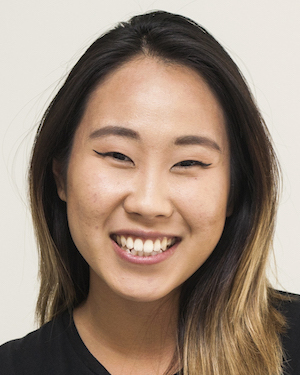
Can I do Grad School? ⟩
December 4, 2018, by Joyce
Life Hacks What are OS/OT?
This was a big question that I find many people asking themselves. Whether you’re contemplating graduate school right after undergrad or going back after years of not studying, it seems to be a daunting choice to give up a salary to study full time.
Grad school is truly unique in its own way, way more so than undergrad ever was. From simply a developmental perspective, we are still finding ourselves in undergrad . . . our identity, who we are and what we want to be. However, in grad school you’re one step closer to consolidating the path in which you want to embark on.
Personally, I struggled a lot with low self esteem in college, shape shifting to match the peers around me and truly plagued with the disease to please. It wasn’t until senior year of college where I found comfort in being myself. Chasing after OT only reaffirmed the comfort I found within myself which is why I decided to pursue grad school immediately. I did not want to take a gap year because I was so sure on pursuing OT that I did not want to wait any longer. In that way, because I was used to the flow of school, exams, and papers . . . academically it wasn’t a difficult transition. That being said, it wasn’t an easy social transition. I had to pick up everything I had on the east coast and move to the other side of the country. I was couch hopping the first couple of weeks. I had a two week break between the day of my undergraduate graduation and the beginning of the graduate program. I definitely found myself burnt out many times and questioned whether this was the right choice I made.
But I am a firm believer of finishing what you started. Grad school was daunting at first. You meet many students who are just as passionate as you – which can be inspirational or scary. It is a game of perspective, will you view them as peers to learn from or simply competition to hide from? What’s great about OT school is that the program begins with our faculty encouraging us to learn from each other, to use each other to expand and challenge our clinical reasoning. Reflecting now, I’m glad that I made the choice to come to USC when I did because it gave me the opportunity to make life-long friends and receive strong mentorship with many of the faculty that went through the program themselves.
If you’re hesitating on applying to grad school, I would start with reflecting on why. Is it fear? Fear of school or fear of starting something new? One thing that is for sure is that no one goes through grad school alone, we do it with the support of our friends, professors, and social support!
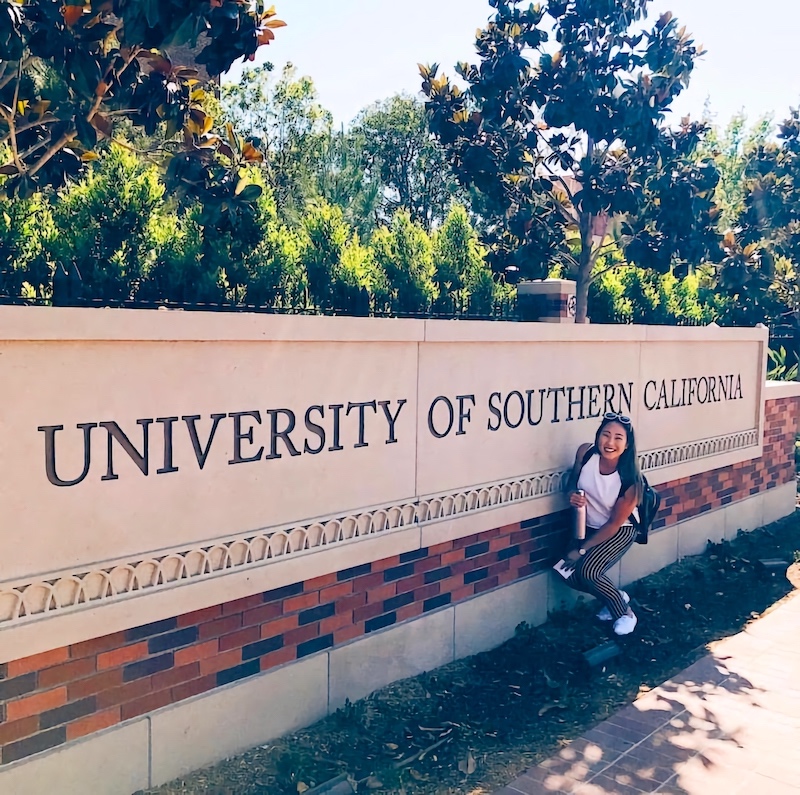
⋯
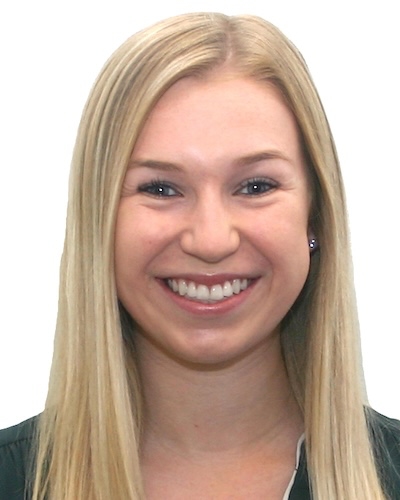
Gratitude Attitude ⟩
November 26, 2018, by Jessica P.
What are OS/OT?
Coming back from Thanksgiving break, I always have such an appreciation for some of my favorite things in life: family, food, friends, and football. This time of year it is so nice to take a step back and remind myself of everything I have to be grateful for, especially for having the opportunity to pursue the career I love (occupational therapy, duh!) at the best university, USC!
This semester has truly been a whirlwind, full of making plans for the future and slowly coming to terms with the fact that I only have one semester left as a full-time student in the master’s program. It can be easy to get caught up in applying to different OTD residencies or figuring out where to go for my leadership capstone externship next semester, but at the end of the day I always know that I am so lucky to have found this profession.
In one of my undergraduate classes on performance science, Dr. Glenn Fox discussed the power of gratitude and it has always stuck with me. Some people choose to practice gratitude by making a written or mental list at the end of each day of a few things that they’re thankful for or they may practice through larger gestures, such as getting a loved one a gift. For me, the best way I practice gratitude is to always have a gratitude attitude. I try to remind myself moment to moment to be thankful for everything, instead of being caught up in the small details. That being said, as an OT student this is what I’m currently most grateful for.
My group members
In two of my classes, a majority of the coursework is done amongst groups. I have been blessed to have gotten the best group members who make even the longest days enjoyable! From sending friendly texts to bringing each other snacks, my group members always go above and beyond.
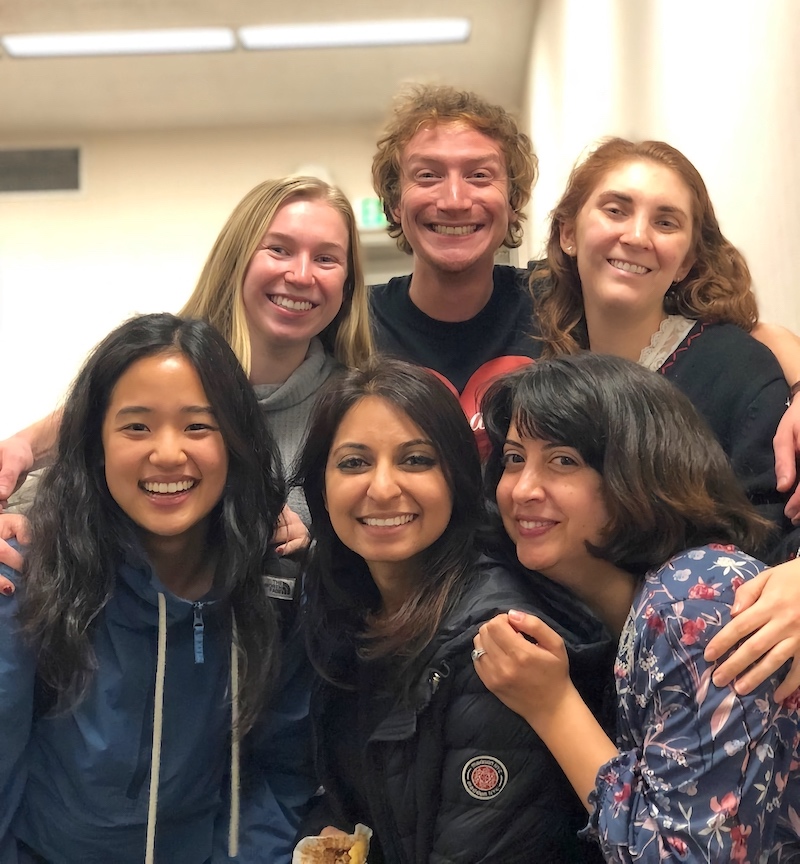
Cohort B
I know, I know — everyone says their cohort is the best but let me tell you, my cohort actually is THE best. My cohort has been the best support system throughout this program. From planning potlucks on weeks where we are all a little run down to staying after class to help each other practice transfers to even planning weekend handball games, my cohort truly does it all.
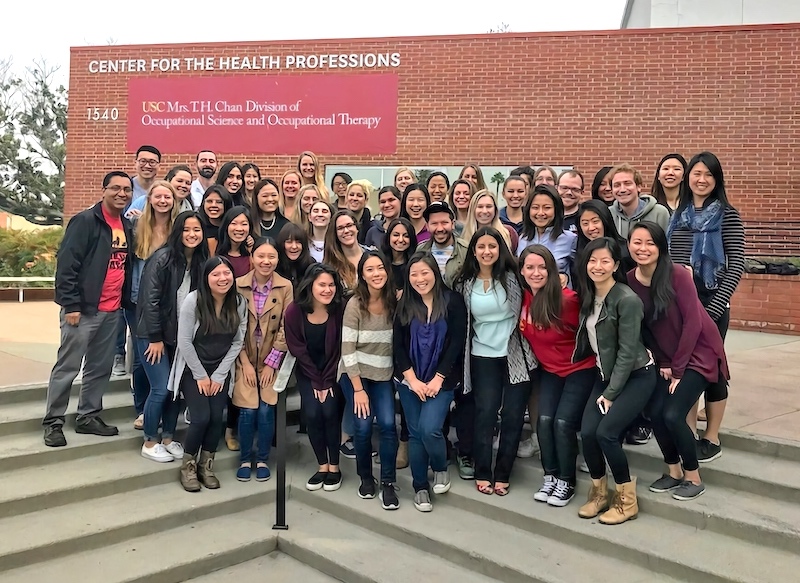
Student Ambassadors
I am so lucky to be a part of the wonderful student ambassador team. While I love giving tours to prospective students and being a part of information sessions, my favorite part of this job is my amazing co-workers!
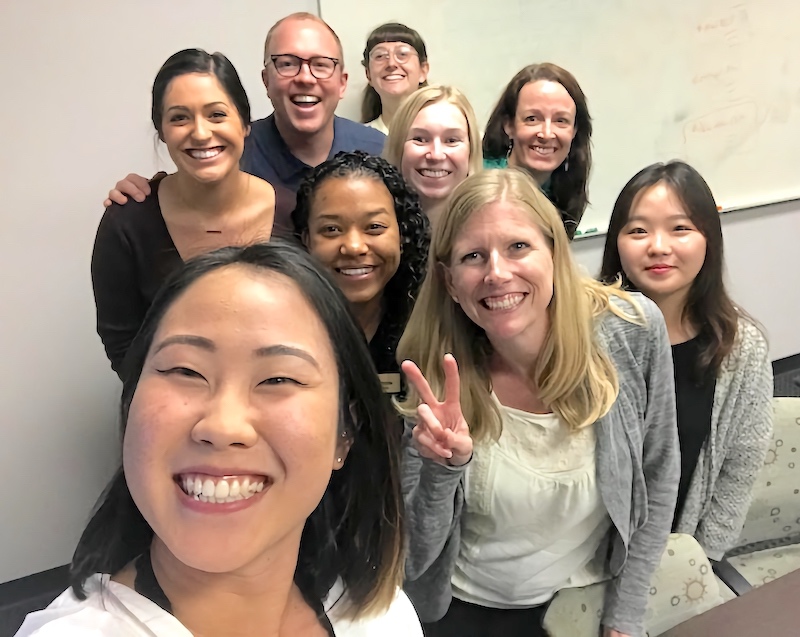
⋯

From Patient to Practitioner ⟩
October 30, 2018, by Jessica P.
What are OS/OT?
Growing up as a competitive figure skater, I was no stranger to frequent emergency room visits. From broken bones to run over fingers, I had it all. For me going to different orthopedic doctors and physical therapy was as much part of my weekly routine as going to school or practice. I think this is where my love of the healthcare fields grew. I knew firsthand how much different injuries impacted my own engagement in one of my favorite occupations, figure skating.
My senior year of high school, while training to compete for Team USA, I suffered an injury while practicing lifts with my teammates. I was devastated that my competitive career had to come to an end and I felt like there was a hole in my life where the sport I had dedicated my life to once was. Luckily, I was able to find ways to stay involved with the sport as I left for college. I joined the USC Ice Girls and cheered on the USC men’s ice hockey team at weekly games. I even learned how to use hockey skates for the first time in my life, which is no easy feat for a former figure skater! I felt that this experience really helped me understand some of the transitions in roles that my patients also go through when they can no longer engage in their meaningful occupations in the same way that they once did. But still, when I would meet a lot of my patients I would think to myself “I can’t even imagine what they are going through.”
And it was true, until this past year. After a complication from a routine surgery in January, I spent the first week of my spring semester in Keck Hospital of USC. This experience completely changed how I look at and approach a lot of my patients, especially when working in an inpatient setting. I finally felt I could understand what it was like to be in this unfamiliar environment, in a bed that’s not your own, and machines beeping at all hours of the night. All I kept thinking was, I want to get back to class. My biggest role at that time was that as a student and because I wasn’t able to participate in that, I didn’t know what else to do.
My interactions with my own healthcare team taught me lessons about what I liked from these providers and what I hope to provide to my patients. I think it renewed my therapeutic use of self, especially in taking an empathetic approach with everyone I encounter. While being a patient is not usually a fun experience, it was a valuable one.
⋯
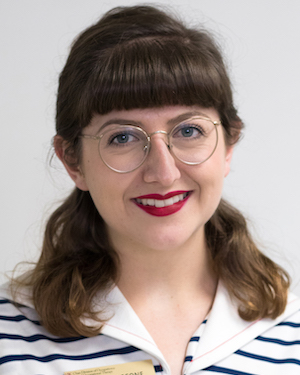
Why I’m Doing the OTD ⟩
October 18, 2018, by Antonietta
What are OS/OT?
I decided to pursue the OTD at USC because I love our profession and I want to give back to it. I see the OTD as a way to grow and blossom as a leader. It is a guided experience to gain clinical expertise, discuss current issues in occupational therapy on both a micro and macro level, and develop professional skills. I know the area of practice that I am interested in and the bigger picture problems I want to fully grasp and then help crack open. The OTD process will help me accomplish these goals.
After completing the coursework for a sensory integration certificate during my Masters, I realized that I wanted mentorship from leaders in SI as I take these concepts from the classroom into practice. This lead me to do half of my residency at Therapy West. I think I could build these clinical skills as an entry level practitioner; the OTD is both a tool and an experience that will let me go a step further. I want to take SI out of the clinical gym into a community based setting. I am developing such a program as the second half of my residency, at The Children’s Ranch, where additionally we incorporate animals into our sessions. I want as much support as possible as I try develop this unique area of clinical practice, which I get from both preceptors at my residency sites and my faculty mentor at USC.
Finally, I’m doing the OTD because I am interested in being a professor of Occupational Therapy. I am building my skills at collecting and collating information as well as presenting it. I’m excited about this upcoming year and look forward to sharing my experience with you. Fight On!
⋯
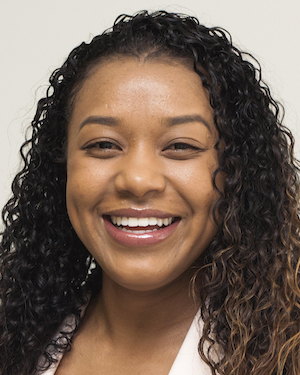
The Benefits of Yoga in Occupational Therapy ⟩
September 24, 2018, by Serena
What are OS/OT?
My relationship with yoga started when I graduated from undergrad in 2015. Growing up and living in Los Angeles, I always knew about yoga but had never tried it. Like many, I enrolled in a yoga class with the intentions of becoming more fit. Fast forward 3 years later and I not only practice yoga 5-6 times a week for my own physical and mental healthy but I have also received my yoga teacher training certification with the intentions of using it within my occupational therapy practice. Not only has yoga transformed my physical health but my entire way of living. Through yoga I have cultivated an overall healthier lifestyle. Specifically, yoga has positively impacted my sleep, stress, eating, and exercise habits and routines.
As occupational therapists we understand that not every activity is going to reap the same benefits for every individual. We all have different preferences. With this in mind I plan on helping individuals who are interested in yoga, use it as a tool to meet their health goals. One of the many things that I love about yoga is that there are so many variations. There is hot yoga, power yoga (vigorous), kundalini (psycho-emotional focus), chair yoga, aerial yoga and the list can go on and on. Even within the yoga practice, it is not only about postures but also about strengthening one’s breath work, meditation, concentration, and so on.
With the huge variations in types and focus of yoga comes the wide range of ability to grade yoga to match the client’s needs and desires. As an OT, grading the activity to find the just right challenge for the individual is crucial for optimizing health. Yoga gives you so many options to be able to successfully meet the client where they are, at any given moment.
Yoga can be a community or an individual practice, it can be practiced in the hot or in the cold, rain or shine. Yoga is all about what you make it and what you take from it. It is such a giving practice with many styles and techniques. With the design to keep the mind and body healthy, it is a perfect tool for OTs to use to help their clients reach optimal well-being in a meaningful way.
⋯





